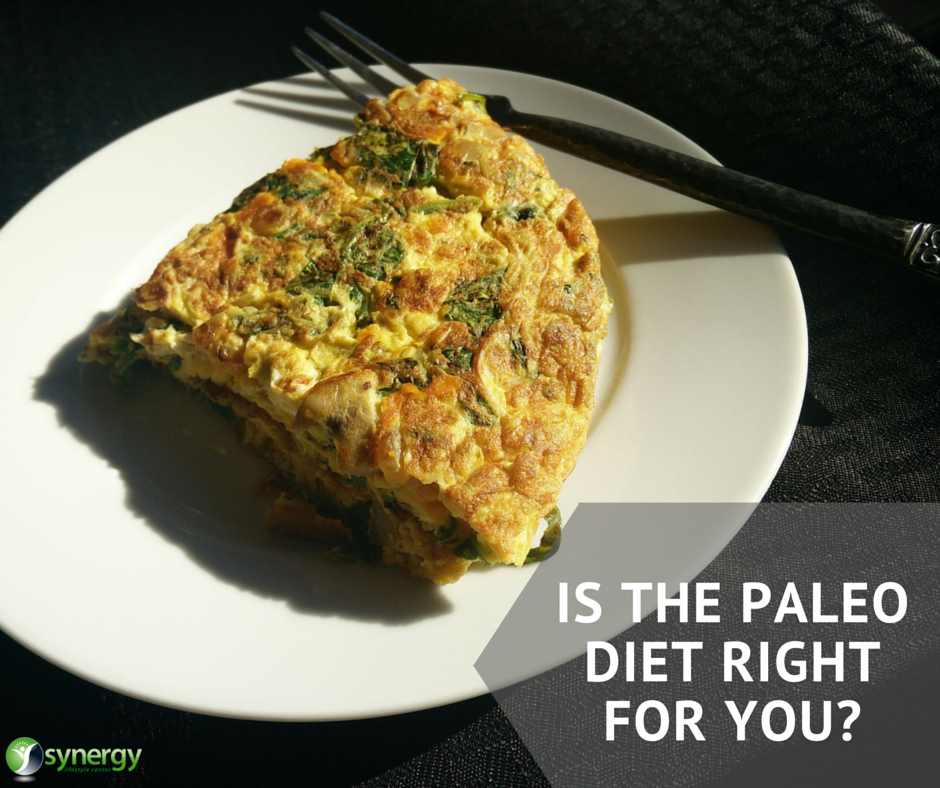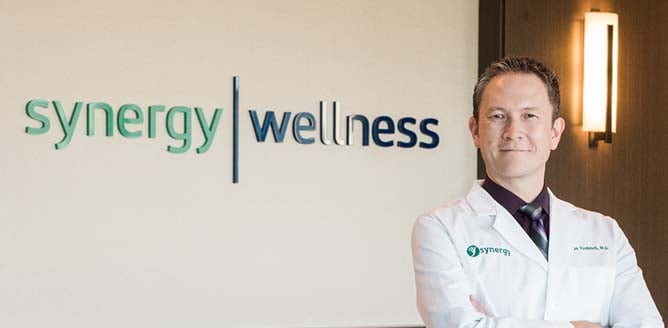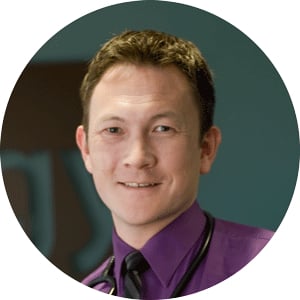
Way, way before food became a mass-produced commodity and McDonald’s offered one-minute cheeseburgers dripping with processed cheese and grease, we ate only what we could find in nature — leaves, tree nuts, berries, root vegetables, fruits, insects and freshly killed animal meat. We consumed nothing artificial — no preservatives, additives, excess sodium, food colorings or taste-enhancing chemicals. Millions of years ago, as hunter-gatherers, we also ate 10 times more fiber, protein, omega-3 fatty acids, vitamins, minerals and unsaturated fats than we do now.
That ancient diet is what some nutritionists deem the Paleolithic diet, or simply the Paleo diet. These same nutritionists argue that the Paleo diet is the ultimately healthy diet providing all the essential nutrients we need. They also tend to believe that our hunter-gatherer ancestors were supremely healthy and did not suffer from “modern” diseases such as cardiovascular disease, diabetes, obesity and cancer because they consumed such a restricted, organic diet.
Is the Paleo Diet Healthy?
Well, it couldn’t have been that healthy, because anthropologists have shown through DNA and bone fragment analysis that our ancestors did suffer sporadically from atherosclerosis, osteoporosis and numerous infectious diseases their immune systems couldn’t fight successfully.
Could these hunter-gatherers’ better health be attributed to the fact that they engaged in daily, rigorous physical activity during Paleolithic times, unlike the sedentary lifestyles we’ve been living since the end of WWII? Or could there be something beneficial to the Paleo diet?
If you are a Paleo diet enthusiast, you are eating nothing but:
- Whole animal meat — that includes bone marrow, organs and cartilage — and animal products such as eggs, bee honey, etc.
- Raw seeds, nuts, vegetables and fruits
- Some fats from avocado or coconut oil
What you’re not allowed to eat on a Paleo diet includes:
- All grains, including whole grains
- Processed oils like soybean or canola
- Cheese and milk
- Legumes — all beans, alfalfa and peanuts
So what’s so unhealthy about these foods when you eat them in moderation? Paleo diet fans claim that legumes contain high amounts of phytates or lectins — also called anti-nutrients — that decrease their nutritional value. Grains, they claim, cause systemic inflammation and associated health issues. And hunter-gatherers couldn’t have eaten cheese or drank cow milk because cows certainly weren’t grazing the savannah millions of years ago.
Paleo Diet Pros and Cons
Beans are a high-protein, high-fiber food that offer health benefits far outweighing any anti-nutrient claims, especially since cooking legumes eliminates any anti-nutrients found in them. For example, protease inhibitors and lectins that have been cooked may provide anti-carcinogenic and anti-inflammatory advantages.
Phytic acid, another supposed anti-nutrient, exhibits antioxidant activity, is prebiotic and reduces the bioavailability of lea, cadmium and other heavy metals. Eating a Paleo diet also prevents you from receiving adequate amounts of vitamin D and calcium. Finally, you should include whole grains in your diet because they improve blood lipids and may lower your risk for suffering heart disease, stroke or diabetes.
Is the Paleo diet dangerous? No, of course not, but it isn’t the best diet to follow. While eating like a hunter-gatherer may keep your weight at acceptable levels, you could find yourself suffering vitamin and mineral deficiencies causing possible health issues.
For professional assistance with your weight loss efforts, call Synergy Wellness Center today to book a consultation with one of our weight loss experts.


